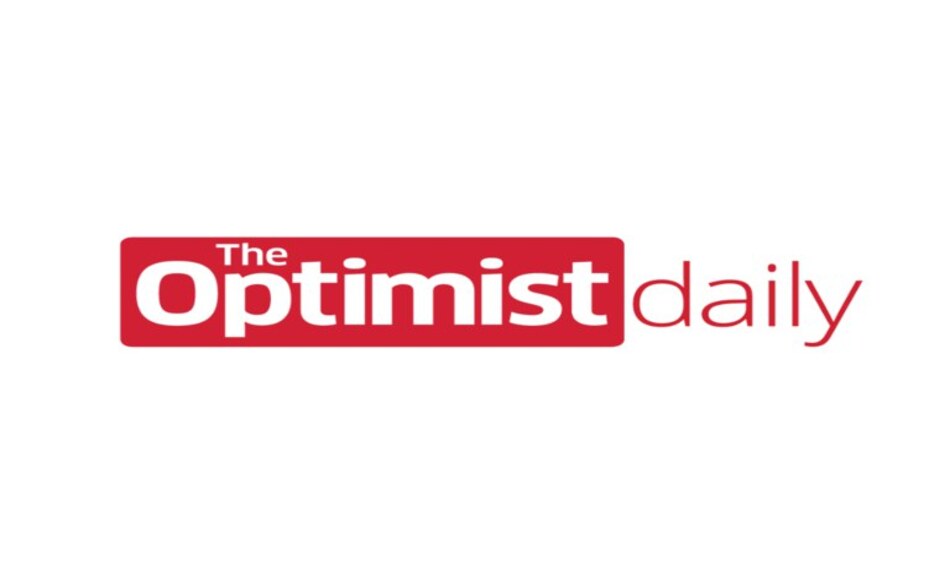As a result of infrequent rain and little surface freshwater, more than 190,000 people in Djibouti, about 20 percent of the country’s population, lack access to clean drinking water. In rural areas where pastoralism provides a critical means of survival, the welfare of entire communities is affected by a lack of access to nearby water.
In an effort to mitigate the water challenge in the area, a community-based development project, called PRODERMO, is helping support those communities with water mobilization and soil conservation.
The project, financed by the International Development Association, ran from 2012 to 2019 and relied on community-based development, with a focus on water mobilization and soil conservation technology, as well as agriculture and livestock production, and activities that generate additional income.
From its start, the program took a participatory approach, meaning that the communities were directly involved in selecting project activities according to their needs and implementing them at their own pace, in consultation with local partners.
As part of the project, each of the 18 pasture communities involved establishing a local steering committee that was then trained to develop water and pasture management plans. Training was also provided to each member responsible for the water access points and pasture management committees, which eventually helped enhance communities’ capacity to operate and manage water and other resources by themselves.
Since it kicked off, PRODERMO has helped construct and overhaul some 116 water access points and has helped bring clean drinking water to about 10,000 households in rural areas. What’s more, in addition to increasing the supply of water, the project also managed to reduce the demand for water by diversifying community livelihoods to rely less on livestock and pasturage.
Additionally, the project supported 100 income-generating activities for close to 2,000 beneficiaries, almost half of which were women. The program also successfully piloted a hydroponic agriculture project, expanded areas for irrigation to about 84 hectares, and distributed micro-irrigation kits to 50 gardens to support private enterprises.
Image source: World Bank












